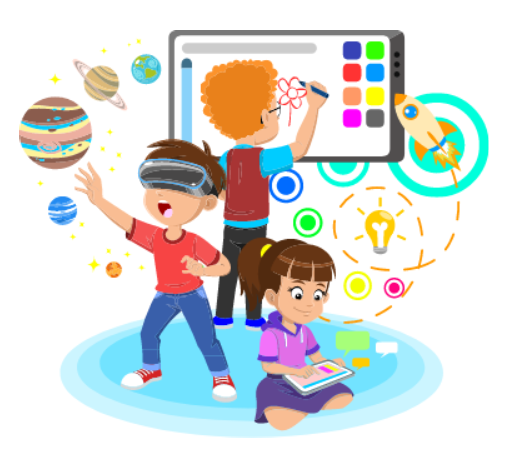This post could explore how emotional intelligence can improve communication in the workplace, including strategies for business professionals to better understand and respond to the emotions of their colleagues and clients.
Emotional intelligence (EQ) is the ability to recognize, understand, and manage one’s own emotions, as well as the emotions of others. It is a critical component of effective communication in the workplace, as it allows individuals to navigate relationships and interactions with empathy and understanding.
Effective communication is essential for success in any workplace. It is important for building and maintaining relationships, for sharing information and ideas, and for resolving conflicts. Emotional intelligence plays a key role in effective communication, as it allows individuals to understand and respond to the emotions of others, and to use that understanding to improve their own communication.
One of the key elements of emotional intelligence is self-awareness. This means being aware of one’s own emotions and how they affect one’s behavior and communication. When individuals are self-aware, they are better able to recognize and manage their own emotional reactions, which in turn allows them to communicate more effectively with others.
Another important aspect of emotional intelligence is empathy. Empathy is the ability to understand and share the feelings of others. When individuals are empathetic, they are better able to understand the perspectives of others, and to respond to their needs and concerns in a way that is sensitive and appropriate.
Effective leaders are often those who possess high levels of emotional intelligence. They are able to recognize and understand the emotions of their team members, and to use that understanding to create a positive and productive work environment. They are also able to communicate effectively with their team members, and to build strong relationships based on trust and mutual respect.
Emotional intelligence is also important for conflict resolution. When individuals are able to understand and manage their own emotions, they are better able to navigate conflicts and find mutually beneficial solutions. They are also better able to understand the perspectives of others, and to find common ground.
In conclusion, emotional intelligence is a critical component of effective communication in the workplace. It allows individuals to navigate relationships and interactions with empathy and understanding, and to build strong and productive teams. Effective leaders possess high levels of emotional intelligence and use it to drive positive and productive work environments. By understanding and managing emotions, individuals can improve their own communication and work towards resolving conflicts and building strong relationships.















